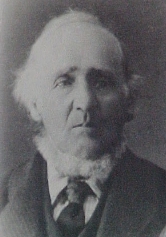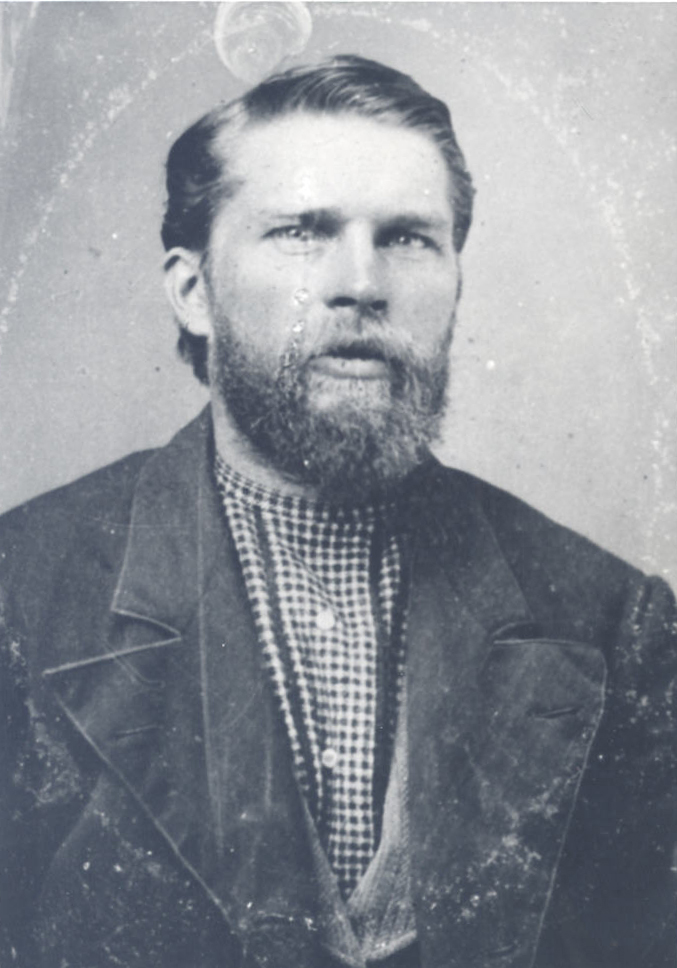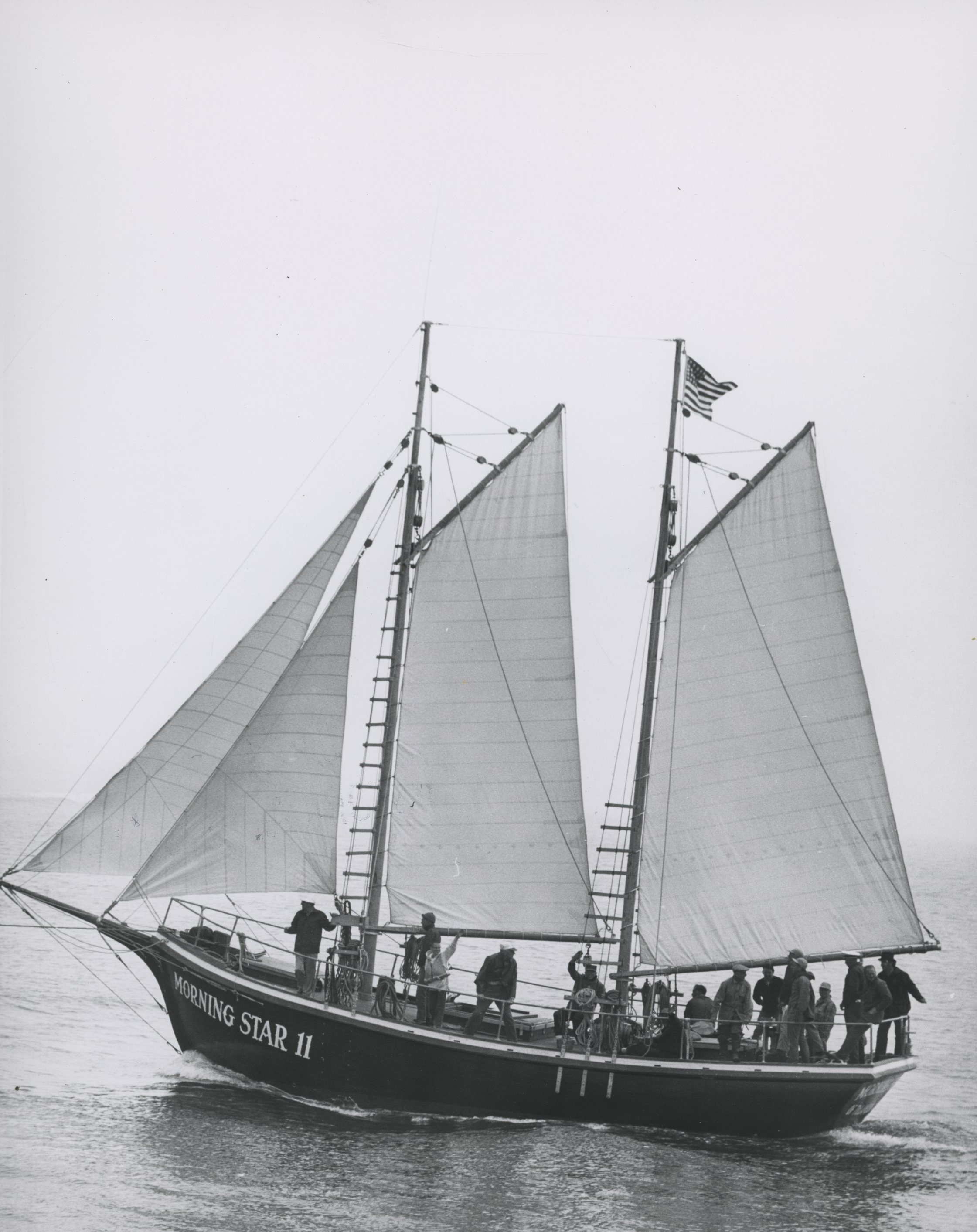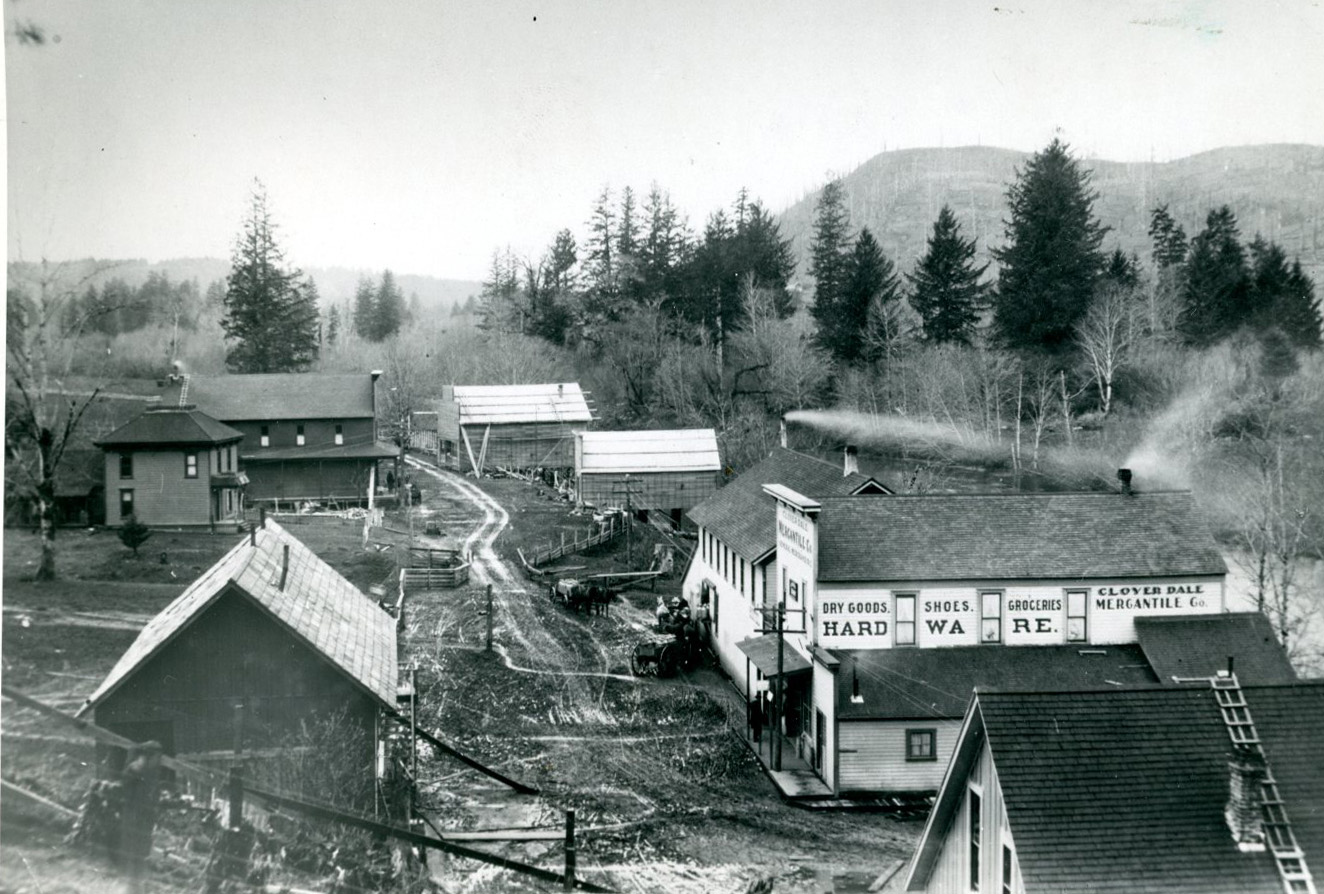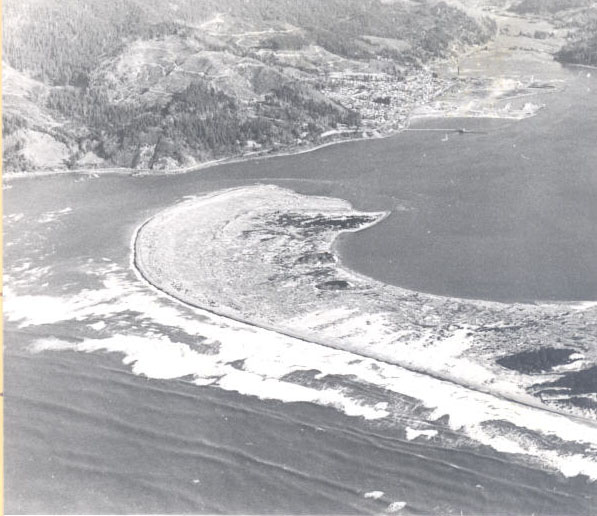Born in the town of Barrington in Steuben County, New York, in 1823, Warren Nicholas Vaughn first heard about Tillamook, Oregon Territory, in the fall of 1851 from a friend who encouraged him to settle there. His friend described a beautiful land, with a mild climate and areas where the salmon were so plentiful they blocked the streams. At the time, only two white men were said to be living in the Tillamook area.
It was not until September 1852 that Vaughn, Courtney Walker, Harry Haines, and a Mr. Cary set out on horseback from Dayton, in the central Willamette Valley, for Tillamook on the Oregon Coast. They were accompanied by a Native guide, Louis LaBonte, and his wife. At the Grand Ronde Valley, Walker became ill and returned home. Because of the inclement weather and rough terrain, the journey was difficult. The group became lost and found themselves much farther south than they had expected. They returned to Dayton, disappointed but determined to try again.
Vaughn and Haines made a second attempt to reach Tillamook in December 1852. They were joined in Astoria by a man named Cook, who was returning to the Tillamook area with medicine for a sick man. This time, the men traveled to Astoria by steamer and skiff and then went south on an Indian trail along the coast and over Tillamook Head.
The men encountered storms, wind, and muddy crossings. They traveled along the beaches when they could and were often forced to crawl over huge fallen logs. The men eventually got around Neahkahnie Mountain and came to a Native village on the Nehalem River. The Indians shared food with the hungry men, saving them from having to hunt on their own in the storm.
The trio finally reached the home of Sam Howard, who lived near today’s Bay City in a house built in 1851 by Joseph Champion, Tillamook’s first white settler. Howard gave the men a place to sleep and guided them around the area.
Vaughn settled into the Tillamook area, holding Land Claim number 4220. He was a farmer and a cooper and made all the barrels in the area that butter and fish were shipped in. He and others had to carry supplies on their backs around Neahkahnie Mountain. The food supplies would get low in the winter, when travel was most difficult, and months would go by that the men had no flour, sugar, tea, or coffee. They lived on salmon and potatoes, both of which Warren reported were not plentiful. There was no regular mail, although occasionally someone would come from Astoria by the foot trail to bring mail and supplies. By 1853, Astoria merchants were sending ships to supply the coastal settlements; but several of the ships were lost on the rocks near the mountain, and companies soon refused to deliver supplies to the area.
Vaughn became active in local and county government, serving as county treasurer, county commissioner, sheriff, and assessor. In 1854, when Tillamook settlers decided they needed a reliable way to get supplies and to transport their dairy products to markets in Portland and Astoria, Vaughn was instrumental in building The Morning Star, the first ship registered in Oregon. The ship’s maiden voyage was on January 5, 1855.
Vaughn married fourteen-year-old Harriet Trask in 1858, the first couple to be married on Tillamook Bay. It was a civil ceremony; there would be no religious presence in the area for another eight years. Harriet was the daughter of Elbridge and Hannah Trask, who had taken up a homestead of 640 acres along the river that now bears the family's name.
Over the next twenty-six years, the Vaughns had fifteen children: Ida, Delia, Amos, Lydia, Alice, Cecelia, Anna, Clara, Warren B., Guy, Charles, Harriet, George, Lena and Myrtle. Idaville, Oregon, a few miles north of Tillamook, is named for Ida Vaughn.
Warren Vaughn died in 1907 at the age of eighty-three; Harriet Vaughn died in 1912 at the age of seventy. Warren Vaughn is credited with having written the first history of Tillamook. His diary, “The Early History of Tillamook,” was edited and republished in 2004 as Till Broad Daylight.
-
![Warren N. Vaughn]()
Warren N. Vaughn.
Warren N. Vaughn Courtesy Tillamook County Sheriff's Office
Related Entries
-
![Elbridge Trask (1815-1863)]()
Elbridge Trask (1815-1863)
Elbridge Trask, born in Massachusetts on July 15, 1815, was a descendan…
-
![Morning Star (ship)]()
Morning Star (ship)
When commercial traders refused to stop in Tillamook in the mid-ninetee…
-
![Tillamook]()
Tillamook
Tillamook, the county seat of Tillamook County and its largest city, is…
-
![Tillamook Bay]()
Tillamook Bay
Tillamook Bay, which encompasses a 597-square-mile watershed, is the la…
Map This on the Oregon History WayFinder
The Oregon History Wayfinder is an interactive map that identifies significant places, people, and events in Oregon history.
Further Reading
Gaston, Joseph. Centennial History of Oregon, 1811 to 1911 4 vols. Chicago: S. J. Clarke Publishing Co., 1912.
Vaughn, Warren. Till Broad Daylight: A History of Early Settlement in Oregon's Tillamook County. Wallowa, Ore.: Bear Creek Press, 2004.

